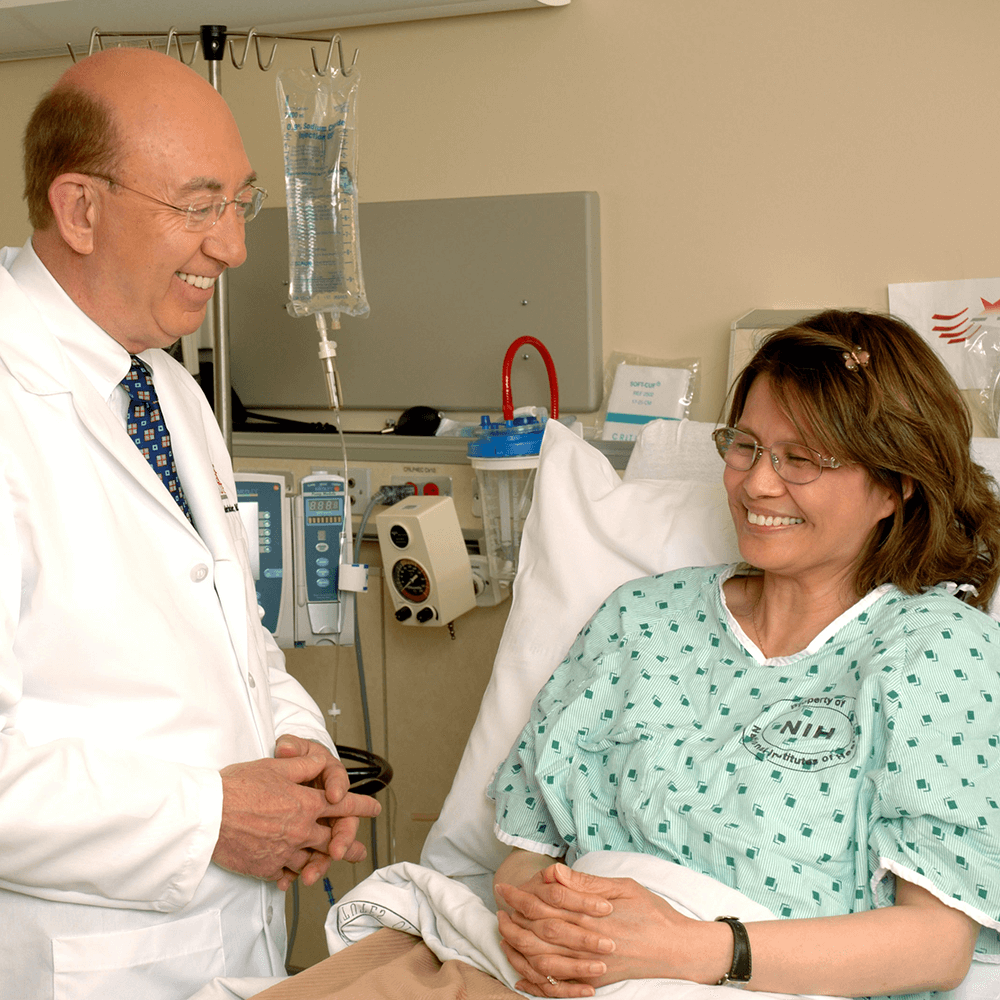Digital breast tomosynthesis (DBT) led to better breast cancer detection and less false-positive recalls compared to digital mammography, according to a multi-center study of more than 180,000 screening exams published in JAMA Oncology.
The researchers analyzed more than 50,000 DBT exams and nearly 130,000 digital mammograms from women who underwent screening at one of three research centers in the northeastern U.S. They found DBT identified more cancers, specifically those with a better prognosis, and produced lower recall rates across women of all ages and breast density types.
“Our results supported the evolving literature showing that screening with DBT simultaneously improves breast cancer detection while reducing false-positive recalls,” wrote first author Emily F. Conant, MD, of Perelman School of Medicine, University of Pennsylvania in Philadelphia, and colleagues. “Of importance, reductions in recalls for DBT were significant across all age groups and breast density categories in our study.”
The reduction in recall rate and increased cancer detection have both been demonstrated in previous studies, Conant et al. wrote, but this study also found a shift in the risk-benefit balance in younger patients screened with DBT.
In fact, the outcomes for women aged 40-49 years who were screened with DBT moved toward the outcomes for women aged 50 to 59 years who were screened with DM—more evidence in the argument surrounding what age to begin routine screening.
“This shift in the risk-benefit balance of outcomes with DBT for women aged 40 to 49 years with outcomes considered to be acceptable for DM for women aged 50 to 59 years by systematic reviews (eg, US Preventive Services Task Force) is compelling evidence to support reconsideration of routine mammographic screening with DBT for these younger women,” the authors wrote.
In the study, which included more than 96,000 women screened from Jan. 1, 2011 through Sept. 20, 2014, DBT also found a higher proportion of invasive breast cancers that were smaller and node-negative compared to 2D mammography. These cancers were also considered to have a better long-term prognoses and their detection was particularly evident in women aged 40 to 49.
Source: DBT detects smaller cancers with better long-term prognoses





